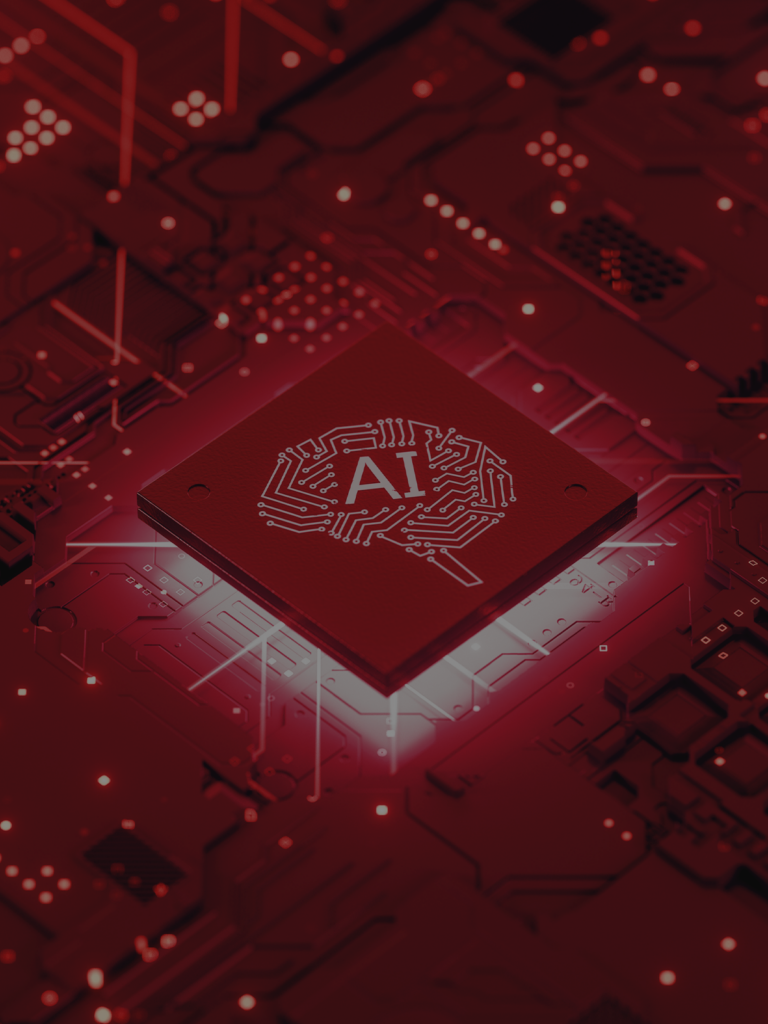

Did you know hundreds of new Generative AI (GenAI) tools have been released in the last few months alone? And, with the tech industry in a race to develop the most sophisticated language model those hundreds will soon turn into thousands.
As a cybersecurity professional, you may be wondering how artificial intelligence (AI) will impact the legacy enterprise solutions you have in place. It’s hard to pinpoint which areas within the growing attack surface are most vulnerable– it’s no surprise this topic is dominating CIOs’ agendas.
Your team may be wondering:
Are our legacy solutions pointless?
How can we use AI throughout our enterprise to combat new threats?
How do we maintain ethical and privacy standards while using AI?
We’ll share how to responsibly integrate AI into your business processes and avoid automating your way into a corner.
Until recently, most hackers have employed mostly unsophisticated threats in high volume, using traditional, rule-based approaches. The consensus was, “let’s attack en mass from all angles and hope some get through.”
However, the adoption of AI has unleashed a new generation of intelligent cyber offenders, making their attack-to-hit ratio incredibly daunting and worrisome. Of course, it comes as no shock that GenAI is a double-edged sword. Security solutions now have the ability to learn, remember and defend against threats, making identical threats nearly nonexistent.
According to a recent impact study done at Cornell, GenAI tools like ChatGPT can be used to safeguard networks by “leveraging information from LLMs trained on the massive amount of cyber threat intelligence data that includes vulnerabilities, attack patterns, and indications of attack.”
Let’s take a look at some of the most noticeable advantages of AI in Cybersecurity:
Risk Management
Safeguard Compliance and Privacy Policies
Threat Detection and Response
It’s time security teams start using AI to combat AI. The best way to stay ahead is to adopt a strategy built on adapting the next-gen AI technologies. According to one estimate, 82% of breaches involve human behavior– the best way to stay ahead is to be AI-informed and to inform.
Disadvantages of AI
Cybercrime has increased by over 300% since the beginning of the pandemic according to the FBI. A staggering number…AI is making it easier for cyber offenders to send tailored and targeted system threats, and we’re just beginning to see the tip of the impact AI will continue to have on cybersecurity.
How is AI negatively influencing enterprises?
SOC Analysts have been inundated with threats requiring investigation due to AI’s ability to quickly identify threat anomalies.
With the growing detection and response capabilities of AI, many companies have noticed an increase in employee fatigue and in some cases, an increase in time to neutralize threats contrary to how easy it is to detect them. Because of the mass amounts of data they’re receiving, it’s taking significant time to sift through them all and identify which threats are real and which aren’t.
AI-powered security systems rely on machine learning using historical data, which may lead to false positives.
Just as security analysts are using AI’s data to prevent future attacks, so are hackers using the same data to evade detection and gather information on the weaknesses in the solutions you have in place– we’re talking more sophisticated ransomware, almost unnoticeable email phishing attacks, and many others.
How do you prevent it?
Thwart AI-based attacks with AI-powered security.
AI-powered Solutions We Recommend
If you’re looking to fortify your defenses with AI-powered security that holds immense potential to detect, prevent, and mitigate cyber risks with greater speed, accuracy, and efficiency we suggest using these partners:
Sentinel One’s AI-driven endpoint protection platform, can analyze vast amounts of data, identify patterns, and detect anomalies that may signal potential cyber-attacks.
Palo Alto Networks offers AI-based threat intelligence platforms that leverage machine learning algorithms to continuously learn from new data and adapt their threat detection capabilities over time.
And, as of May 2023, Crowdstrike released their new Generative AI Security Analyst, Charlotte AI. According to Crowdstrike, “[their] platform uses analytics to help prioritize critical vulnerabilities that introduce risk and employs the power of AI to generate and validate new indicators of attack (IOAs).” This comes some 10 years after their initial launch into the AI space with their switch from signature-based antivirus to AI-powered protection.
As AI-powered solutions become the next-gen standard, it’s crucial your team begins integrating AI into their cybersecurity strategy.
With changes underway in the ChatGPT era, it’s critical enterprises stay informed on the latest changes in machine learning technology. If you have any questions regarding securing your network against the latest AI attacks, contact our team at tom.barnes@avexonsecurity.com.